Description
Explore the Apennine Paradise with Paul Harcourt Davies, on our first class tour of Sibillini & Abruzzo!
The Sibillini is a well-kept secret, forming a distinct part of the Apennine chain, the ‘backbone’ of Italy that stretches some 1200km (750 mi) down the length of the ‘boot’ from the Alps to the ‘toe’ and then beyond into Sicily.
This area in central Italy offers superb walking with a remarkable diversity of habitats making it a naturalist’s paradise. The Sibillini and adjacent Abruzzo areas allow one to explore a wide range of habitats up to over 2000m thus embracing a wealth of wildflowers, insects and birds with threatened species such as wolves, the elusive Marsican bear and golden eagles, in a part of Italy well away from any tourist influx.
The spectacular scenery is perfect for those who like wide-angle close-up of flowers set in stunning surroundings and there is also much to preoccupy those who love nature in close up. Paul Harcourt Davies has an international reputation for his work in both areas and as an instructor.
We deliberately keep numbers of participants small, both for the sake of impact and with time to put what you learn into practice in a relaxed manner. Habitat diversity here is eye watering…Meadows at lower altitudes are full of rich populations of Mediterranean orchids and numerous other species whereas higher areas reveal alpines such as rock jasmines (Androsaces) and gentians (G Verna and G dinarica).
One of Italy’s primary attractions is its renowned local cuisine and wine, and this region of the Italian mainland upholds that reputation. Paul and Lois, both Italian citizens with decades of exploration and study, provide an opportunity to experience the area’s distinctive character, ecosystems, and history.
We never rest on our laurels at Greenwings, and we have changed this holiday for 2026 to use two rather than three centres and to make alpine explorations in the Abruzzo where we can add to the range of species and opportunities for birds and other fauna. The views and displays of flowers are exceptional and with climate change making timing uncertain each year it makes sense to use a wide range of altitudes to find what we want.
For the first part of our holiday, we are based near the walled town of Norcia whose origins date back to the Roman garrison town of Nursia. We are on limestone terrain where all sites and ambles lie within short drives from wooded valleys to flower rich hillsides … Castelluccio di Norcia and the Piano Grande. Nothing quite prepares you for the sight when the ridge is topped and the immense Piano Grande stretches out before you, enclosed by a ring of mountains and dominated by the bulk of Monte Vettore (2476m) rising some 1462 m above the plain.
For the last 3 nights we move into the nearby Abruzzo and a small hotel which gives us access to the heights of the Campo Imperatore a vast area surrounded by high mountains with a rich alpine flora and the call of choughs and snow finches as background music.
The Piano Grande, once a glacial lake, is now a vast pasture where skylarks make the air throb with song. Castelluccio di Norcia is a picture postcard town (from afar) atop a knoll that is ringed with fields of poppies and cornflowers in early July. This is a tourist attraction but our trip, earlier in the year, coincides with displays of spectacular plants such as yellow tulips (Tulipa australis), white narcisssus (Narcissus poeticus), fritillaries (Fritillaria montana) and peonies (Paeonia officinalis). In season, both Apollo and Clouded Apollo, Black-veined White, Large Tortoiseshell and Camberwell Beauty are but a few of the butterflies to be seen.
Many wild orchids flourish in the extensive woodlands and meadows such as Ophrys species (O. apifera, insectifera, dinarica, bertolonii, fusca..,sphegodes ) Red Helleborine (Cephalanthera rubra), Violet Limodore (Limodorum abortivum), Butterfly orchids – both greater and lesser (Platanthera chlorantha and bifolia)- Few-flowered Orchid (Orchis pauciflora), Elderflower Orchid (Dactylorhiza sambucina) and more.
High up, the alpine meadow turf is coloured with hectares of mountain flowers such as thymes, forget-me-nots and Apennine rockroses spreading to tint hillsides in yellows, whites, pinks and blues. There is always a wonderful feeling of space with long views and many of our best places are on ridges…here is somewhere you can escape, and Paul and Lois regularly visit at all times of the year, they have a deep knowledge of the area and its wild inhabitants.
This is an area of Italy not as well-known and certainly not anywhere near as popular as a tourist draw where the whole diversity and natural riches one could probably never exhaust…at least Paul & Lois we never will, and they stay there as often as they can through the seasons.
This is somewhere that they love and where they have made many friends. Their connection with the area is extremely strong and they want to do all they can to bring this region to people whom they know will appreciate it as they do. We invite you to do just that on what promises to be a holiday to relish and remember!
READ FULL HOLIDAY DETAILS

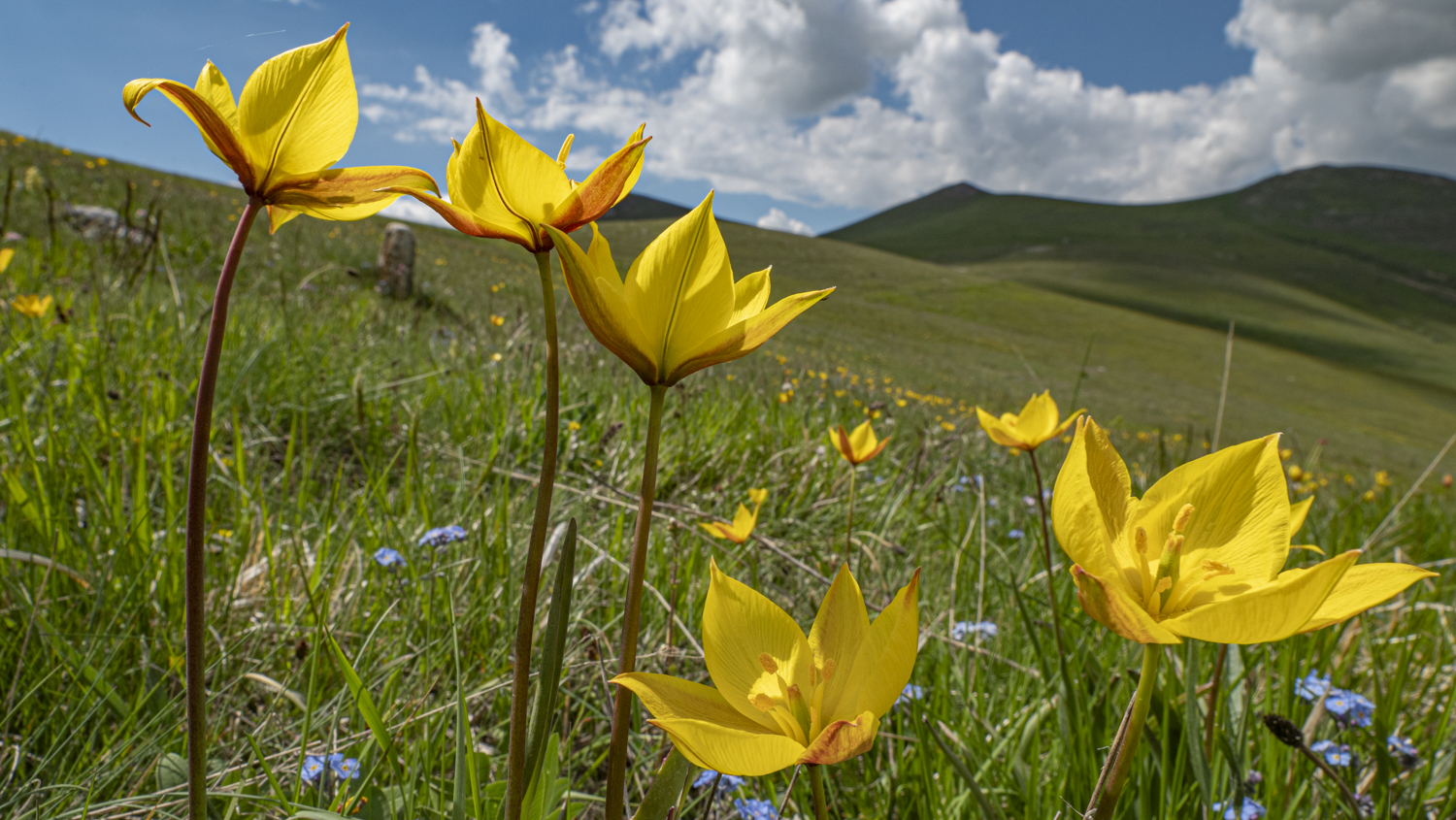
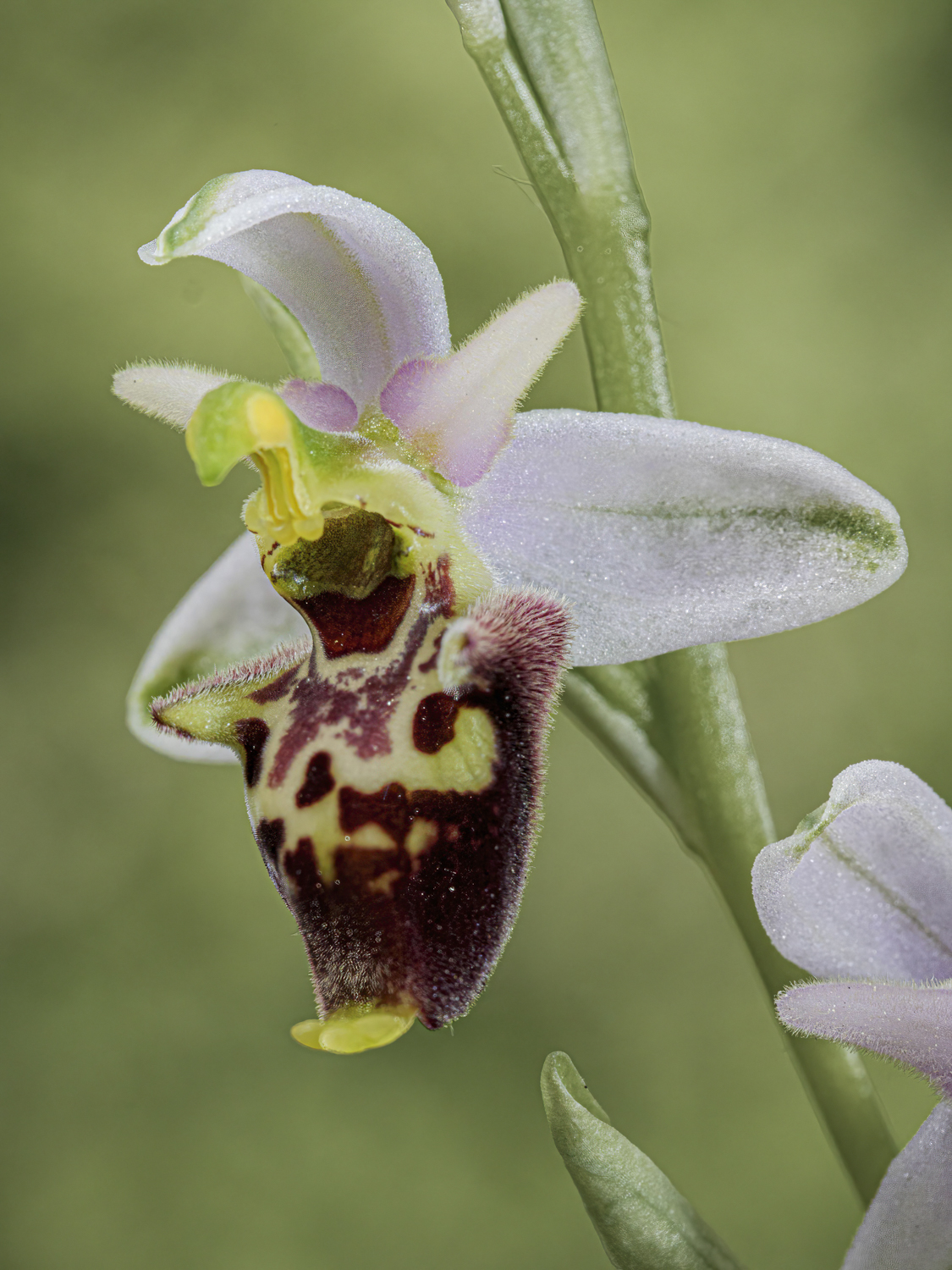
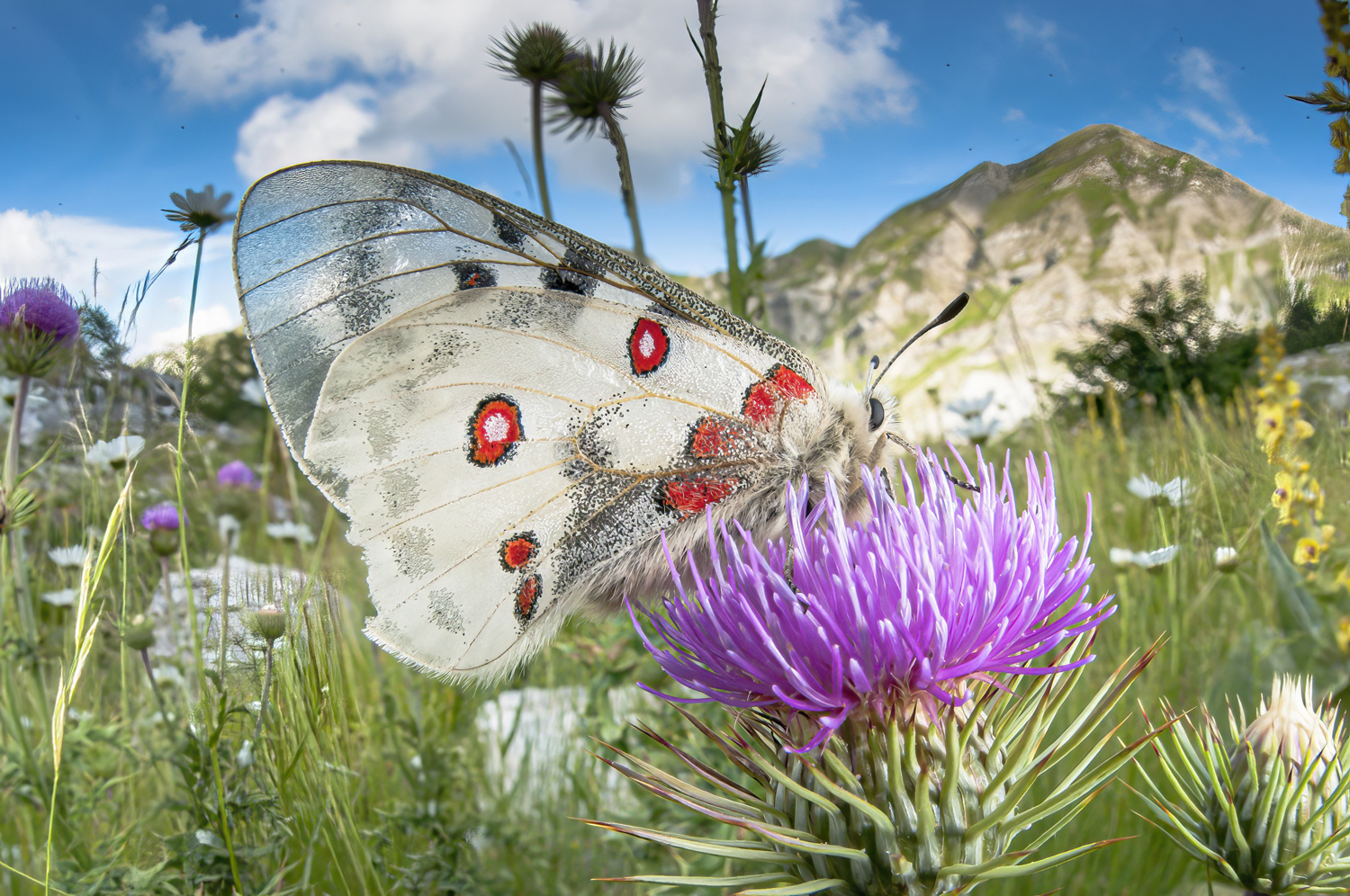

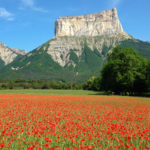
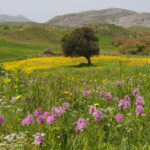
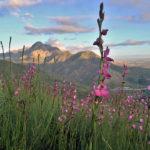


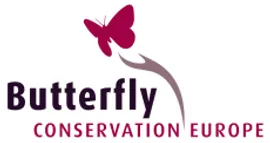


Reviews
There are no reviews yet.